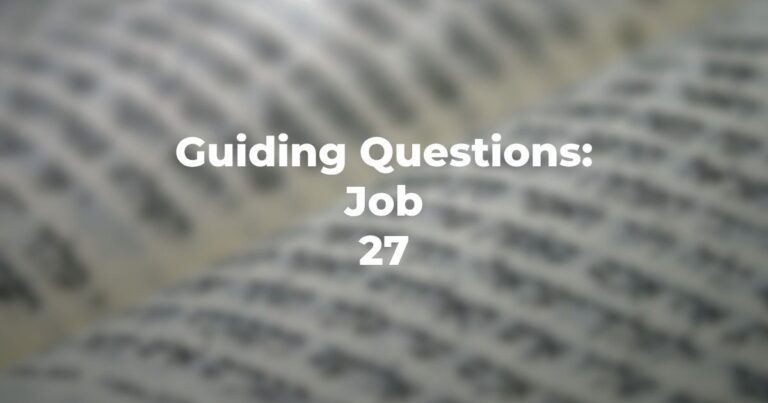- Is there any purpose in attempting to reason with tyranny?
- In addition to the unreasonableness of tyranny, there is also the characteristic of vindictiveness — and how is this realized in the current narrative?
- What kind of slavery is it when some of the slaves can talk directly to the tyrant?
- In this type of slavery is there is a conflict/relationship between economic levels (master and servant) or, rather, between peoples, the one ruling and the other ruled; or both?
- Does Moses seem to understand that freedom does not result from polite request of the subjugator and that other measures are necessary?
- Is Moses’ “failure” leading him to give up?
- At this juncture, does Moses appear to understand that a revolution is not a rebellion — but that it takes time and somewhat stern measures?
- Does Moses’ questioning imply a “lack of respect” or does it indicate that one need not be fearful to ask “Why? What is happening?”
Author
-

Exploring Judaism is the digital home for Conservative/Masorti Judaism, embracing the beauty and complexity of Judaism, and our personal search for meaning, learning, and connecting. Our goal is to create content based on three core framing: Meaning-Making (Why?), Practical Living (How?), and Explainers (What?).
View all posts




